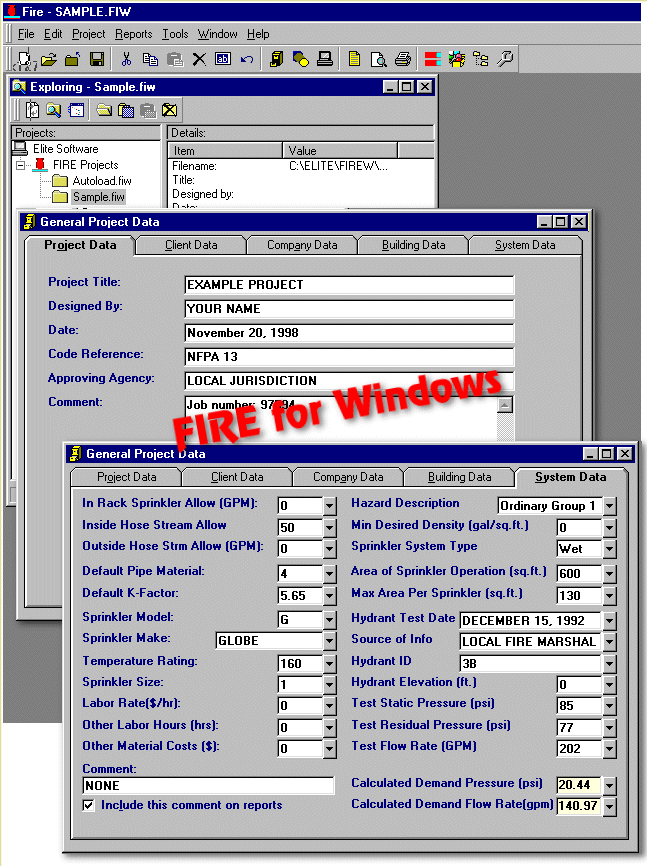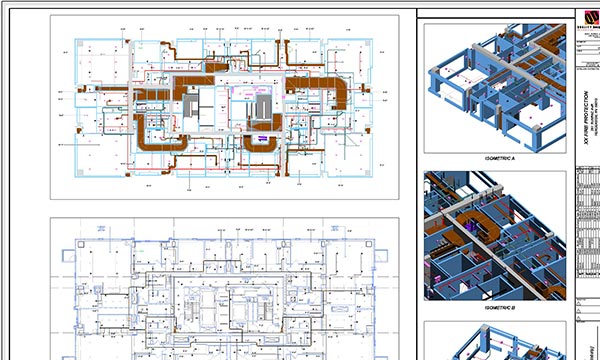

It is suitable for persons engaged in the design, installation, maintenance, testing and approval of residential sprinkler systems. in commerce, industry or in local authority fire and rescue services.
Auditing & advising on fire risk assessment in residential buildings Delegates should ideally be engaged in a fire protection role, e.g. Advising fire safety design submissions. Advising on methods for achieving and maintaining fire protection appropriate to the assessed fire risk within existing, proposed or altered residential premises. To give advice with regard to residential fire safety sprinklers upon request.įire safety advisers/engineers, managers and engineering students who could have responsibility for:. Recognise the potential of residential sprinklers as a community fire safety tool and situations where they are cost effective solutions. State the purpose and advantages of residential sprinkler systems. Recognise the rudiments of system design including the use of hydraulic calculations. Identify the legislation & codes of practice applicable to domestic and residential sprinklers (including water mist systems). Successful completion of the course will enable delegates to: Draft for development document for Watermist systems. Design notes and maintenance requirements. The Residential Sprinklers course is built around BS 9251 which details the fire sprinkler design for domestic occupancy (single family units) or residential occupancy (care homes, HMOs, blocks of flats etc.) Library and Information Resource Centre. 

National Ambulance Resilience Unit (NARU).Bedfordshire Fire and Rescue Service - Firefighter Development Programme.Northamptonshire Fire and Rescue Service - Attract to Train.

Fire Safety Associate Trainer - Suppression Systems.Fire Safety Associate Trainer - Fire Safety management, Fire Risk assessment, Auditing and Regulation.








 0 kommentar(er)
0 kommentar(er)
